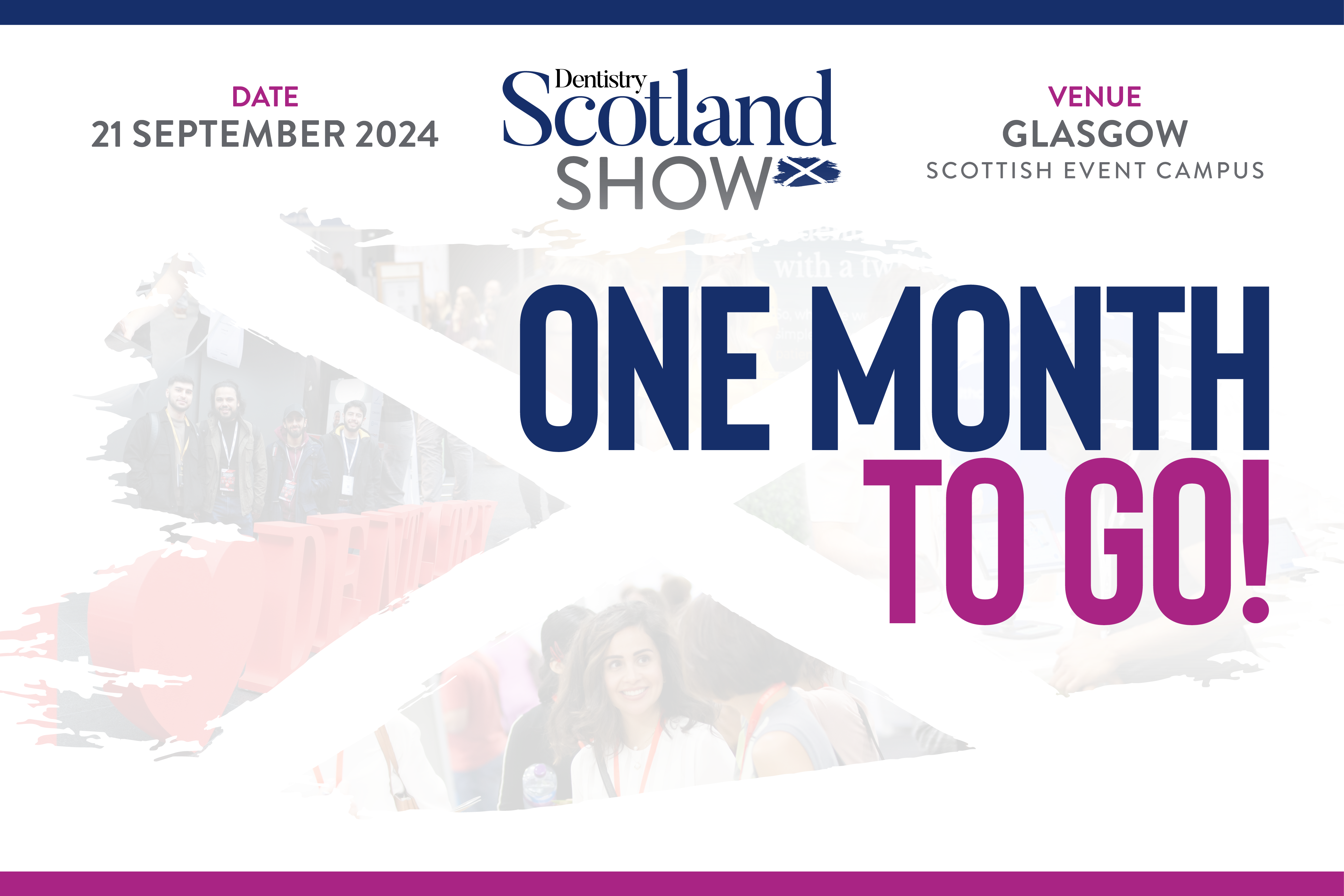The power of precision: Ezgi Demir explains how making clear distinctions between word choices can better categorise our thoughts and help us relax.
Ever since I can remember, I have always been an over-thinker. In my attempts to find a way to calm my mind, I discovered a passion for mindfulness, art and spiritual approaches and how they could be incorporated into my career in marketing and business management.
When one learns to balance the right and left hemispheres of the brain, between creativity and rational thinking, it can lead to inspiring new projects.
Life can be puzzling, especially when it comes to our thoughts and emotions. But here’s something to think about: simply being clear about the words we use – like understanding the difference between ‘unhappy’ and ‘worried’ or ‘solitude’ and ‘loneliness’ – can make a massive difference to our wellbeing.
This article goes beyond just emotions, diving into the importance of precision in language choices, whether it’s the subtle differences between ‘efficiency’ and ‘effectiveness’ or ‘confidence’ versus ‘arrogance’.
Clarity brings comfort
Our brains find comfort in clarity, as categorising our thoughts and feelings more precisely is like tidying up our minds. Much like how Marie Kondo teaches us to tidy by category, discarding the items that do not bring joy, I believe that a similar process can be applied to the mind.
De-cluttering the mind through categorisation can help make space to manage emotions better, communicate more effectively and think more clearly. It’s not just about feeling good – it’s about thinking clearly.
By sharpening our understanding of similar but distinct words and concepts, we reduce the mental fog that can make life feel overwhelming. This isn’t just useful for emotional regulation; it also makes us better problem-solvers and more effective communicators.
Whether it is distinguishing between ‘assertiveness’ and ‘aggression’ or ‘freedom’ and ‘license’, the act of categorising allows us to align our thoughts, reduce cognitive strain and build stronger connections with others. This clarity also lets us reframe our experiences in more positive ways, turning challenges into opportunities for growth.
In this article, you will discover the profound impact that clear categorisation can have – not just on your emotional life, but on your overall mental and cognitive wellbeing. Through this journey, you will see how choosing the right words can lead to greater relaxation, control and balance in your everyday life.
Becoming in tune with emotions
Navigating the ups and downs of life can be tricky, and our emotions are often jumbled. But have you ever thought about how simply putting a name to those feelings – that knowing the difference between feeling ‘unhappy’ and ‘worried’ or ‘lonely’ and ‘enjoying solitude’ – can make a world of difference?
While sometimes our brains can use categorisation to make sense of chaos, it turns out that when we are able to clearly label our emotions, we can manage them better. Instead of being overwhelmed, we find it easier to cope, communicate and move forward.
Getting specific about how we feel doesn’t just clear our heads – it also calms us down. When we articulate exactly what’s bothering us, it’s easier to tackle it, whether we’re talking to someone else or just working through it on our own. This clarity gives us a sense of control, making the tough moments a bit more bearable.
Precise categorisation goes beyond making us feeling better by also sharpening our thinking, helping us to stay focused and sort out problems more efficiently. It’s like giving our minds a tidy-up, when everything has its place, we can think more clearly without getting overwhelmed by confusion.
Plus, when we are more in tune with our emotions and can express them clearly, it does wonders for our relationships and management style. We are better equipped to understand and connect with others, which in turn makes life that little bit easier.
Positives of categorisation
By reframing how we see things – like seeing ‘being alone’ as ‘enjoying some solitude’ – we can shift our mindset to boost our overall wellbeing.
Our brains are all about efficiency, organisation and principally, keeping us alive. That is why they assemble and classify everything. The brain loves to put new information in existing boxes (especially if you are a bit of a judgemental person).
Here’s why:
1. Cognitive efficiency
- Reducing the mental load: our brains juggle loads of information all the time. By grouping similar things together and putting them into categories, it makes the whole process quicker and easier to handle
- Chunking: this is when our brains break down information into more manageable bits. Like remembering a phone number as ‘123-4567’ instead of seven separate digits – it’s just simpler that way.
2. Pattern recognition
- Spotting patterns: our brains are great at recognising patterns, which helps us learn and make sense of the world. By grouping and classifying, we can predict what’s coming and make decisions based on what we have seen before
- Quicker decisions: when our brains have things neatly classified, we can make decisions faster. We just apply what we already know instead of overthinking every detail.
3. Simplifying complexity
- Cutting through the noise: the world can be overwhelming, but classification helps our brains simplify it. By focusing on what’s similar, we avoid getting lost in all the details
- Generalising: classification also helps us generalise. For example, knowing that an animal is a ‘predator’ gives us a good idea of what to expect, even if we don’t know much about that specific animal.
4. Boosting memory and learning
- Organising memories: our brains store memories in categories, which makes it easier to pull them up later. We think of one thing, and related memories come flooding back because they are all linked together
- Learning made easy: learning new things becomes straightforward when we can tie it to things we already know. Like when you are learning a new language and group words into categories like ‘foods’ or ‘emotions’.
5. Evolutionary edge
- Staying alive: from an evolutionary standpoint, being able to quickly classify things was key to survival. Early humans needed to quickly figure out who was a friend, which plants were safe to eat, and where danger lurked
- Social sorting: our brains also classify people – like friends, family and strangers – which helped early humans navigate social life and strengthen communities.
6. Emotional and psychological comfort
- Easing uncertainty: clustering and classifying make things feel less uncertain, which our brains love. When things are neatly organised, the world just feels more predictable and easier to manage
- Feeling in control: by classifying, we feel more in control of our surroundings. It helps us predict and understand what might happen next, based on past experiences.
In a nutshell, the brain’s love for clustering and classifying helps us think more efficiently, makes life’s complexities easier to handle, improves our memory, and even gives us a bit of an evolutionary leg-up. It’s all about navigating the world with a little more ease and making smarter, faster decisions.
When you change the words you say, all your manifestations and thinking styles will change.
I’ll be sharing more with you in the future!
Follow Dentistry.co.uk on Instagram to keep up with all the latest dental news and trends.





